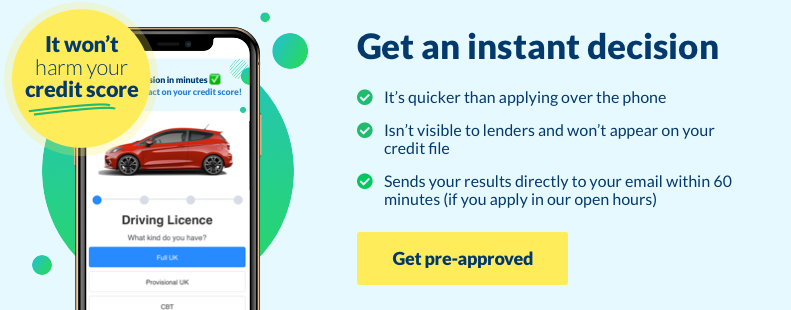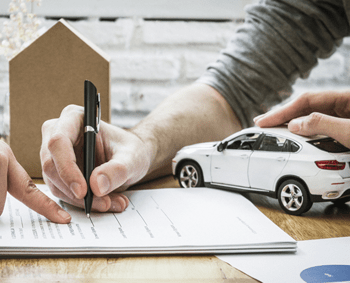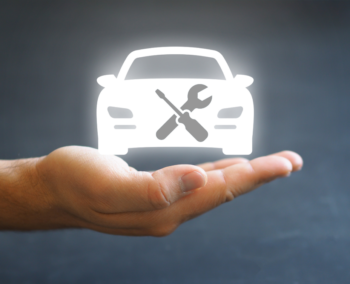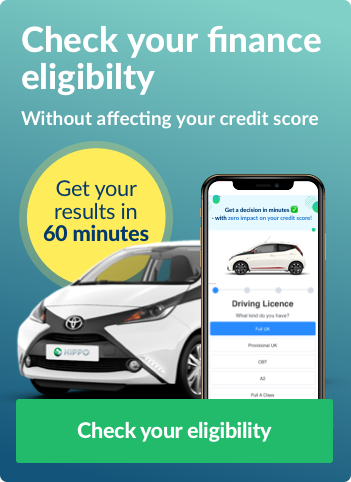
Using finance to purchase a car has become increasingly popular over the years.
Usually, a car is your largest purchase next to a home deposit. And the flexibility of being able to spread out the payments of a new car is for many not only attractive but simply the only way they can afford it.
There are a few different ways to finance the car you want, all with varying features and benefits.
Whether you’re looking for a finance option that’ll eventually see you own the car, or you want the flexibility of having a new vehicle every couple of years with a lease, car finance can be appealing for many reasons.
However, any finance decision is personal, and you have to make a choice based on your circumstances.
If you’re looking to buy a car, though, and wondering whether car finance could be worth it, why not ask yourself these seven questions to find out.
1. Do you want to own the car?
One of the first decisions you need to make when thinking of buying your new car is whether you want to own it outright or whether you’d be happy to have the option of changing your vehicle more regularly.

If you want to own the car and can’t afford to buy it outright, a hire purchase agreement or PCP deal will allow you to do that. Although, as it’s a finance agreement, it will take longer – as the cost is spread – and cost more – due to interest – before the car is officially yours.
With both hire purchase and PCP, it’s important to consider whether you’ll be able to afford to make set monthly payments. If your financial situation changes and you fall behind, it can negatively affect your credit rating, and your car could be repossessed.
If owning the car isn’t that much of a priority for you, or if you think you’ll be looking for a new one in a few years, leasing the car might be a better option.
Depending on your financial circumstances, it can also be a more cost-effective way of getting the car you want, as the deposit amount is typically lower too.
2. Can you afford maintenance?
It’s not only the cost of the car itself or the monthly repayments of car finance you need to consider when buying a car.
Owning a car comes with all sorts of additional costs. MOTs, servicing, fuel, and general running costs will all eat into your budget, so it’s worth doing the maths before you jump into any purchase.

For some, the hassle and affordability of car maintenance can be a problem they don’t want to deal with. In this case, leasing is often an option that takes the headache away.
You can add packages that cover getting your new vehicle serviced, MOT’d and maintained so you know where you stand with your monthly budget.
3. How do you want to obtain your finance and car?
Applying for car finance can be a straightforward process if you’re looking for a hassle-free way to buy a car. It can also give you access to your car sooner.
But there are other ways, too.
If you’re considering a personal loan, there’s a chance you could have to wait for your money to come through and then go through the process of buying the car, too.
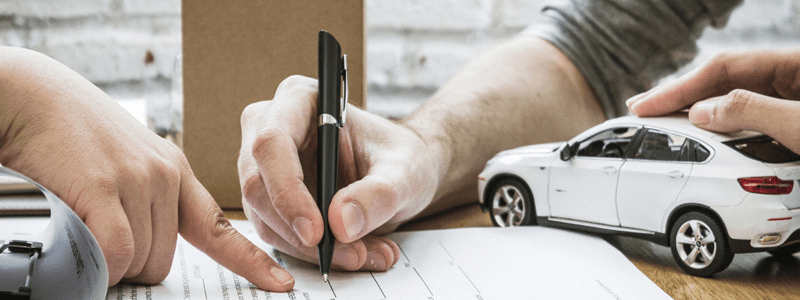
Many car finance options take your credit rating into account. However, unlike a personal loan that can be refused due to poor credit, there are car finance options for those with a bad credit rating.
Although, it’s worth pointing out that you may not get the best interest rate or deal with a poor credit rating.
With a dealer-financed car loan, it’s usually quicker and more convenient with all the paperwork dealt with for you and the two tasks of getting the finance and buying the car merged together.

4. How much time do you have?
For many, having immediate access to a car is essential. Whether it’s needed for transport for work, convenience when you have a family, or simply personal independence. For others, having a car is more of a want than a need.
If there’s no urgent need for you to have a car straight away, it could be more cost-effective to save up for a couple of years to buy your car rather than finance it.
However, if you need access to a car straight away and don’t have the cash readily available to buy upfront, car finance is a good option.
The majority of car finance deals are easy to apply for, and you could get approved and on the road the same day.
5. How long will the car last?
Car finance options, such as hire purchase, can often have lengthy terms. You may decide it’s affordable for you to purchase your car over a fixed five-year repayment term, for instance.
But, if the car isn’t going to last that long or you won’t want it after two years, you have to consider whether it’s worth having a loan lasting longer than the length of time you plan to own the car.
The cost of depreciation can be a factor, too. Although cars in general last longer nowadays, you might not want to keep the same car for several years.
When you buy a car through finance, you’ll start paying for depreciation the minute you drive it away. You’ll also notice the drop in its value when you come to sell it.
6. Will you be susceptible to any risks?
Almost all car finance options come with certain restrictions and risks, and you must take them into account when making your decision.
With a hire purchase agreement, if your financial circumstance change and you fail to make payment, you could be at risk of having the car repossessed. It can also have a long-lasting effect on your credit rating.
Exceed the mileage on your lease deal or fail to get your car serviced, and you could be stung by extra charges at the end of your agreement.
Weighing up the risks and restrictions of each car finance deal versus owning your car outright is important when it comes to how you’re going to purchase the vehicle, as it could be costly not to.
7. Is it worth getting a car on finance?
Simply answered – it’s entirely up to your personal circumstances and preference. There are many different types of car finance available, and whereas one might be right for you, another may not be appropriate.
If you want a car but don’t have the savings to do buy it, car finance can be a good solution.

However, you should consider a few things before looking at your options – your credit rating, the affordability of the agreement, how much you’ll be using the car; all of these factors are important when making your decision.
Of course, a great way to get your hands on the car you want is by leasing it. If you like to change cars more frequently to the latest models and don’t want the headache of owning the vehicle outright, leasing will appeal more and can also be a cost-effective alternative.
What to do next
If you’ve decided that car finance is for you, it’s simple to start the process. All it takes is a few clicks, and you’ll find out whether a lender will offer you finance – all without affecting your credit score.
